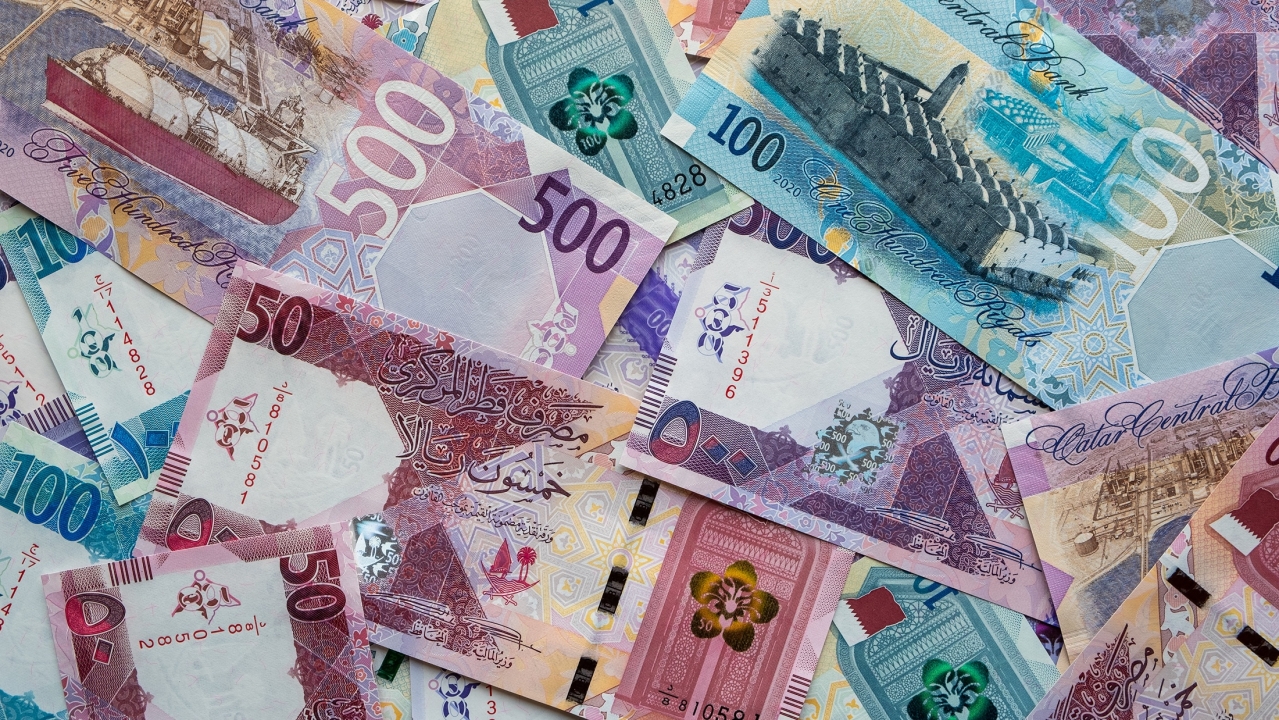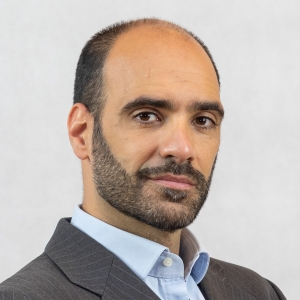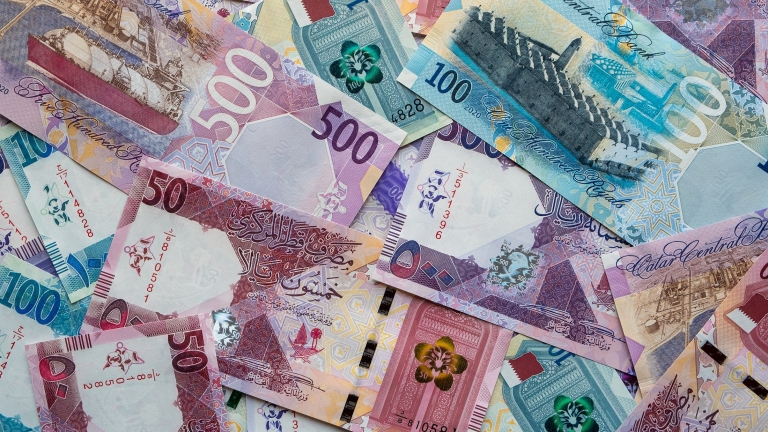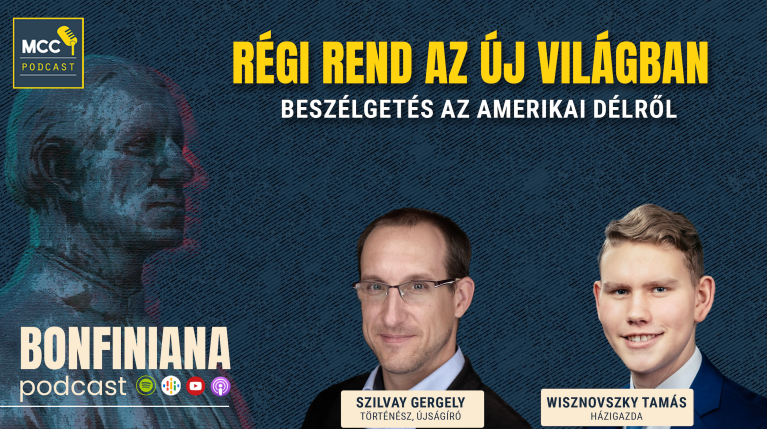Atlantico.fr: The scandal of the funds apparently paid to some MEPs to influence their vote highlights the issue of corruption in Brussels. But also a much more political challenge with Europe targeted as the "soft underbelly" of the West. What is this Qatargate all about?
Rodrigo Ballester: First of all, it is the name of an unprecedented scandal in the European bubble. After all, it's about a vice-president of the European Parliament who was arrested by the Belgian authorities and who is said to have hundreds of thousands of euros in her suitcases, no less! It is also the name of a European Parliament full of itself, lecturing to the point of satiety, which sees itself as a continental or even planetary moral authority, drunk with virtuous signals, and which has suddenly fallen from the pedestal on which it has placed itself. And it is finally the name of a European bubble that is increasingly infatuated with politically correct ideologies, extremely receptive to 'civil society', which it willingly confuses with European citizens, vulnerable but upright in its dogmatic boots and highly suggestible. In this case, it is a case of serious corruption, which is fortunately rare. But the real problem is precisely this ecosystem that allows the entry of lobbies of all kinds and, worse, extremely dangerous ideologies.
Atlantico.fr: The Greek vice-president of the parliament, Eva Kailli, had declared about Qatar. "We do not have the right to give moral lessons in order to get low-level media attention. To what extent is this statement part of a strategy of guilt-tripping and relativism that is common among Islamists? Do we have other examples?
R.B.: These statements are most probably an echo of the petro-dollars that this MP would have filled her pockets with (presumably innocently). They are worthless, she doesn't believe a word of it, she is probably just rehashing the language of a consultant paid handsomely by Doha. Personally, I think that the West in general, including the EU, too often seeks to impose a catalogue of values that it considers universal while others see it as cultural imperialism. But that is not the issue! The problem is to invoke this relativism in our own European societies in order to give an alibi to ideologies that are contrary to the laws and morals of our countries. This is the perversity of the cult of "diversity" and "inclusion" which have become vectors of social atomisation and instruments of emotional blackmail. An "intersectional" boon that is used by lobbies and pressure groups to impose points of view, obtain privileges and undermine the common denominator that is essential to any society.
Any other examples? There are countless resolutions of the European Parliament that repeat word for word all the Woke mantras whose incoherence has only one point of fall: self-hatred, of everything that Western culture is called. The most striking example? The now famous and scandalous Council of Europe campaign (funded by the Commission) promoting the "happy hijab" in the name of diversity, one of whose slogans is "the world would be boring without diversity - freedom is in the hijab". More worrying to me is the European Commission's Action Plan against Racism 2020-2025 of November 2020, which is a monument to the "critical race theory", that deleterious ideology that is wreaking havoc in the United States. The fact that the Commission blithely assumes that "racism is often deeply rooted in the history of our societies and closely linked to its cultural norms and roots" gives us a precise and chilling idea of the entryism of certain ideologies.
In passing, let's not forget to underline the immense cynicism of Qatar when it takes offence at the cultural imperialism of the West while it has invested billions to radicalise the Muslim populations of Europe and propagate the Brotherhood ideology.
Atlantico.fr: How does this combine with a strategy of corruption, in financial terms, with elected officials, especially in the European institutions?
R.B.: The talent of "corrupting agents" is to blur the lines and to advance slowly, by degrees, until the target person becomes an "agent of influence". Corruption and influence peddling, in general, are not as grotesque and farcical as the Kailli case, and that is part of the problem. Dinners, trips to conferences, hotel nights, donations for concrete projects in a constituency - these are all 'gestures' that seduce and coax elected officials into becoming conduits of influence, sometimes without even realising it. A concrete example of institutional seduction is the Qatar Foundation's Wise educational initiative, which organises prizes, summits and educational projects according to the most 'glamorous' educational codes and novlangue. It could be the Gates Foundation, but no, it's rigorist Qatar, which prides itself on equality, inclusion and new technologies! Is this corruption per se? No. Is it the antechamber of influence that can lead to corruption? Without a doubt.
Atlantico.fr: How strong is Islamist entryism in the European institutions? On what occasions has it manifested itself? What concrete actions have been taken?
R.B.: Unfortunately, we have lost count. On 21 September, Irache García Pérez, president of the European Socialists (to which Eva Kailli belongs) received with great pomp the representatives of FEMYSO, the official face of the Frente Youth, in the European Parliament, as you mentioned in your newspaper. This organisation is also received with reverence by the European Agency for Fundamental Rights in Vienna. The communication of the institutions seems to be totally contaminated with Frerist codes, from the little veiled girl talking about European research to the explicit glorification of the hijab in communication campaigns. Finally, at the level of "civil society", it is impossible not to mention ENAR, the "European Network against Racism", one of the sacred cows of European "civil society", directed for years by Michael Privot, a former Belgian Muslim Brotherhood that I myself received at the time when I was working in the cabinet of the Commissioner for Education and of which I wonder if the qualifier "former" is really true. ENAR is largely and generously funded by the Commission (Maltese Commissioner Dalli, the main representative of wokism in the College of Commissioners, regularly appears with them) and they are one of the spearheads, one of the most virulent, against President Macron's initiatives aimed at Islamist separatism. Not to mention the Collectif contre l'Islamophobie en Europe, the Belgian (and European) branch of the CCIF, which has been dissolved in France, and which has been chosen by the association of European journalists to train them on Islamophobia. So much for a very rough sample.
Atlantico.fr: What is the extent of entryism in Europe? With what tangible results?
R.B.: Above all, we must understand that the entry of radical Islam is carried out through the Trojan horse of intersectionality and other wacky delusions. This is the vehicle that Islamist organisations skilfully exploit (sometimes in collusion with minorities that they hate, such as sexual minorities, which is amazing) in order to impose themselves. It is clear that Wokism has taken up residence in Brussels and Strasbourg and that under the guise of its watchwords 'inclusion' and 'diversity', and even in the name of the European values of Article 2 (especially non-discrimination), has permeated the whole machine, especially in the Parliament and the Commission. Brussels' distrust of French-style secularism and tolerance for 'multi-culti' communitarianism are perfect examples.
Let me put forward a hypothesis concerning the European funds. The European regulation on "common provisions" for several European funds states that "Member States and the Commission shall take appropriate steps to prevent any discrimination based on sex, racial or ethnic origin, religion or belief, disability, age or sexual orientation in the design, implementation, monitoring and evaluation of programmes [...]". Considering the concept of "non-discrimination" that prevails in Brussels, would such a formulation not favour the access to these funds of certain organisations? Worse, could these funds be used by France to promote secularism? It remains to be seen, but the risk of politicising the European budget, a real issue that divides Europe against the backdrop of conditionality, could perhaps, one day, be used to very bad effect.
This is the English translation of an interview with Rodrigo Ballester which originally appeared in French on Atlantico.










